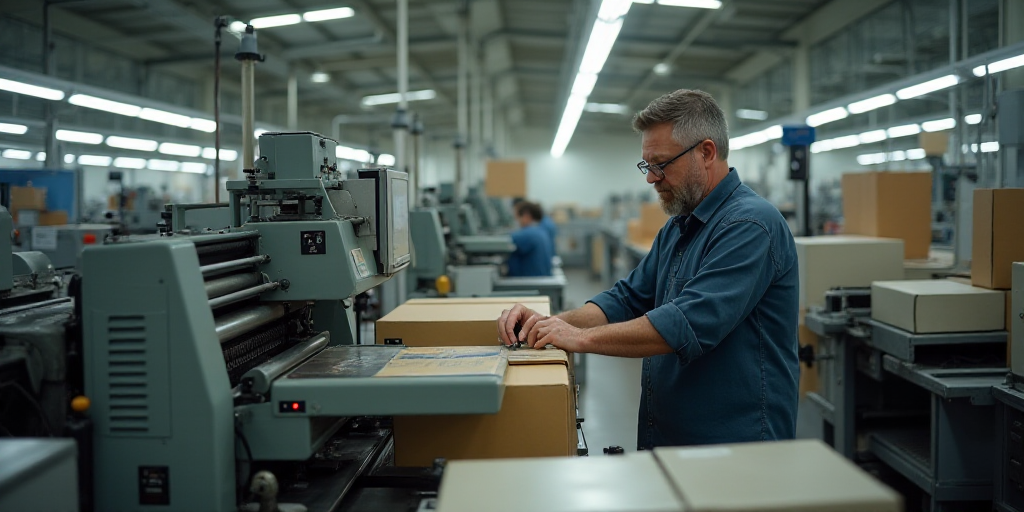The Importance of Advanced Manufacturing in Mexico
Advanced manufacturing plays a crucial role in Mexico’s economy, providing employment for 7.9 million subordinated workers according to the latest Enquiry on Occupation and Employment (ENOE). Currently, this sector is undergoing transformation and urgently requires closing the skills gap.
The Future of Manufacturing Depends on a Workforce Combining Traditional and Technical Skills
The future of the manufacturing sector hinges on a workforce that blends traditional knowledge with technical and innovative capabilities driven by STEM education, according to the 3M study “Talent Gap in Manufacturing: Today’s Challenge for Tomorrow’s Competitiveness.” Furthermore, evolving job profiles are accompanied by attractive incentives. Technical salaries have shown an upward trend over the past few years, positioning these fields as viable and high-growth career options.
Flexible Training Models and Socioemotional Skill Development
Gylmar Mariel Cárdenas emphasized that dual training is not static but flexible, coordinated with universities and companies. He also highlighted the importance of academic plans that not only focus on technical teaching but also develop socioemotional skills. “We are not creating machines; we are shaping individuals who need to be developed in a holistic manner,” he stated.
Promoting Innovation and STEM Careers
Amanda Karina Contreras, Director of Analysis and Perspectives at the Potosí Council for Science and Technology (COPOCYT), stressed the significance of fostering innovation through experimentation and active listening. In public policy, she suggested implementing actions like bringing young people closer to STEM fields through contests and vocational programs.
A Diverse Future of Talent
Hilda Zulaica, a female process engineer at 3M’s multifunctional plant, expressed pride in being a “STEM woman.” She acknowledges her talent and the supportive environment that helped her achieve her goals. María Teresa Galicia, Director of Labor Inclusion at the San Luis Potosí Labor and Prevision Social Secretariat, reminded us that gender equality in the workplace is one of the pillars of the United Nations’ Sustainable Development Goals for 2030.
Inclusivity in the Labor Market
María Teresa Galicia emphasized that companies must be flexible to meet equity requirements, particularly in gender parity. She also pointed out that inclusive female participation in the labor market is not resolved with gender quotas but by creating opportunities for everyone. Innovation and technology can significantly contribute to this effort.
Overcoming Barriers for Women in the Workforce
Galicia acknowledged that, despite progress, gender equality in the workplace remains a challenge. She mentioned “glass ceilings” and “sticky floors” as obstacles that hinder women’s advancement, especially in a world designed for men with additional challenges for women.
Key Questions and Answers
- What is the significance of advanced manufacturing in Mexico? Advanced manufacturing is crucial to Mexico’s economy, providing employment for 7.9 million subordinated workers and requiring a skilled workforce to adapt to evolving job profiles.
- How can the skills gap in manufacturing be addressed? By combining traditional knowledge with technical and innovative capabilities through STEM education, flexible training models, and socioemotional skill development.
- What role do companies play in promoting gender equality? Companies must be flexible to meet equity requirements, such as achieving gender parity and creating inclusive opportunities for all genders.
- What challenges do women face in the workforce, and how can they be overcome? Women encounter barriers like glass ceilings and sticky floors, which can be addressed by fostering innovation, creating opportunities, and ensuring companies support work-life balance.






